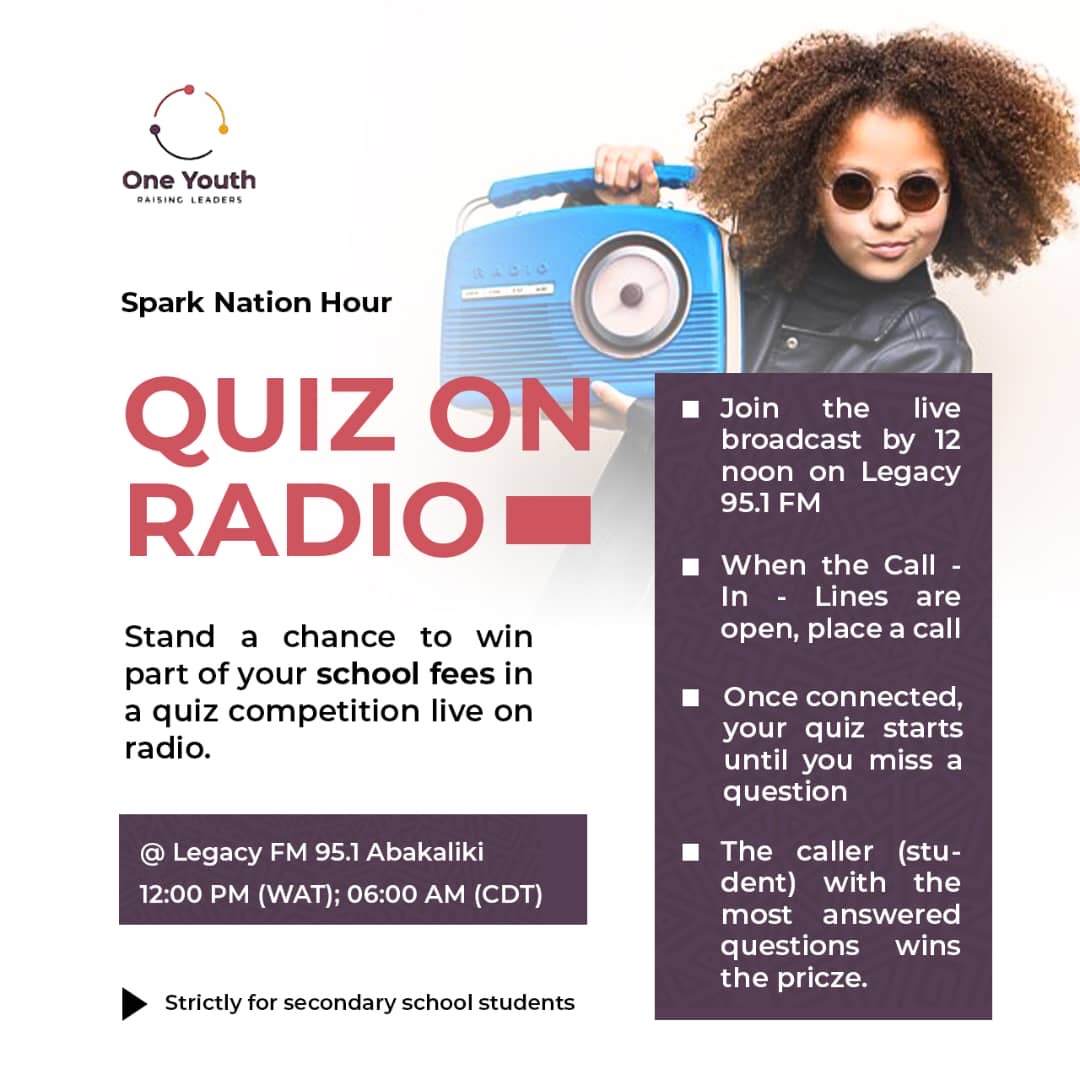When widows in Ebonyi received the keys to brand-new three-bedroom homes yesterday, many could hardly hold back their tears. When hundreds of women underwent free life-saving surgeries and eye treatments, families rejoiced at a chance to live without the crushing weight of medical bills. And when adolescent girls gathered for boot camps on leadership and life skills, hope for a brighter tomorrow took root.
All these interventions share one architect — Mrs. Mary-Maudline Uzoamaka Nwifuru, the wife of the Ebonyi State Governor, through her foundation, Better Health for Rural Women, Children and Internally Displaced Persons (BERWO).
The scale of her work in 2025 has been striking. Twenty-six houses for widows across all local government areas, mass medical outreaches for hundreds of patients, adolescent empowerment camps, and agricultural schemes for women and youths. It is a portfolio that would make any First Lady proud.
The gift of dignity
At its best, BERWO’s work restores dignity. A widow who once lived in a mud house now sleeps under a roof that will not collapse at the next rainfall. A patient who could not afford surgery now lives without pain. A young girl who once lacked guidance now dreams of becoming a leader. These are powerful stories of transformation, and they deserve recognition.
But the dependency question lingers
Yet, for every new house handed over, one question echoes: what next? Will the widow in her new bungalow have a livelihood to sustain her family? Will the patients who underwent surgery have access to follow-up care? Will the adolescent girls carry lessons from boot camp into a future where opportunities remain scarce?
These questions do not diminish the First Lady’s work — they deepen it. Charity, no matter how noble, risks slipping into dependency if it is not tied to sustainability.
This is where BERWO stands at a crossroads. The foundation has shown it can mobilize resources, execute projects, and touch lives. The challenge now is to move from episodic interventions to systemic change. Imagine if every housing project also included micro-grants for widows to start small businesses. Imagine if every free surgery was followed by enrollment in state health insurance for continuity of care. Imagine if every boot camp birthed a mentorship network to support adolescent girls through school and beyond.
Mrs. Nwifuru has already redefined the role of a First Lady in Ebonyi — from ceremonial to impactful. But the true test of impact is longevity. Will these projects become enduring rights or remain remembered as generous gifts of one era?
As Ebonyi applauds the houses, surgeries, and empowerment programmes, we must also press for structures that ensure they do not end with a change of administration. That is how dignity will triumph over dependency.
Got insights on politics, economy, governance, or society? Share your perspective! Send your submissions to ebonyinews.ng@gmail.com

